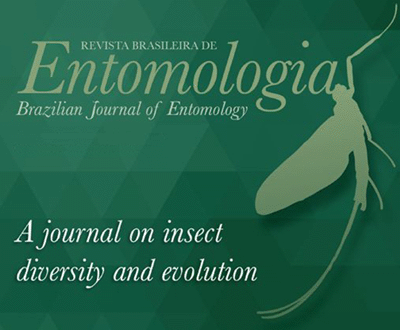Toxic effects of essential plant oils in adult Sitophilus oryzae (Linnaeus) (Coleoptera, Curculionidae). Stored grains are subject to losses in quality nutritional value and in sanitation from the time they are stored to the time they are consumed. Botanical insecticides may offer an alternative solution for pest control. The objective was to test the insecticidal properties of the essential oils of Cymbopogon citratus (leaf), Zingiber officinale (root) and Mentha sp. (leaf). The efficacy of these oils was tested to control the rice weevil, S. oryzae, using hydrodistillation. Chemical analysis of the essential oils was carried out by gas chromatography. Major components of C. citratus were geranial (48%) and neral (31%), of Z. officinale were α-zingibereno (13%), geranial (16%), neral (10%) and α-farneseno (5%) and of Mentha sp. was menthol (92%). Bioassays were carried out by fumigation and topical application. In topical application assays, the essential oil of C. citratus had greater toxicity (LC50 0.027 µL mL-1) and shorter exposure time than the oils of the other two plants. After 24 h and 48 h, 70% and 100% mortality of S. oryzae occurred, respectively. In fumigation assays, essential oil of Z. officinale had a lower LC50 (1.18 µL cm-2) and 70% mortality after 24 h exposure. Therefore, we recommend the use of essential oils of C. citratus and Z. officinale to control the rice weevil S. oryzae.
Medicinal plants; stored product pests; botanical insecticides

